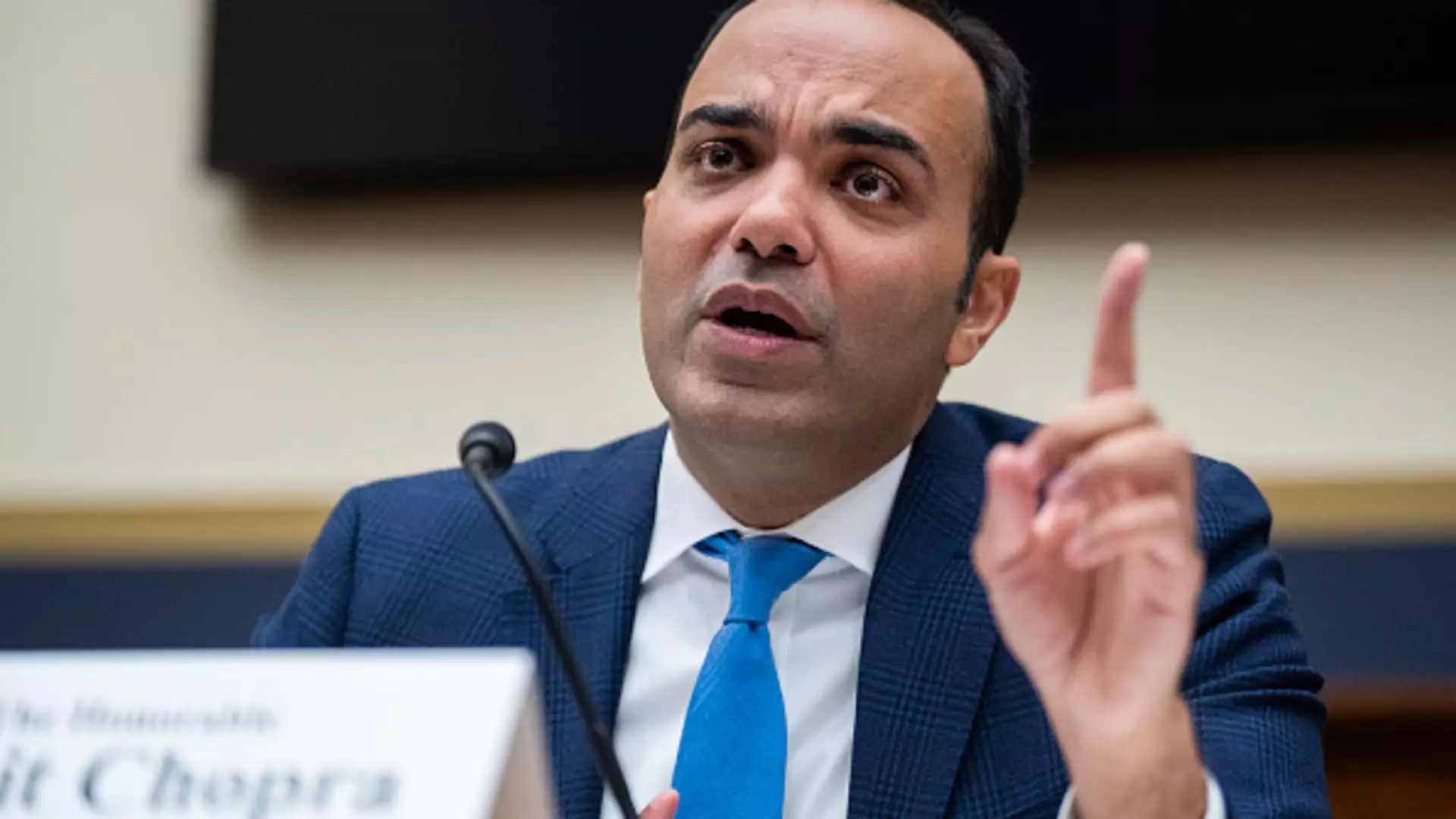The Consumer Financial Protection Bureau (CFPB) recently made a significant announcement regarding the consumer protections for the buy now, pay later (BNPL) industry. The agency declared that customers using BNPL services are now entitled to the same federal protections as those using credit cards. This decision was made through an “interpretive rule” under the Truth in Lending Act, equating BNPL lenders to traditional credit card providers.
This ruling has far-reaching implications for the rapidly expanding BNPL sector, which is currently dominated by fintech firms such as Affirm, Klarna, and PayPal. Under the new rule, BNPL providers must adhere to certain guidelines, including issuing refunds for returned products or canceled services, investigating merchant disputes, pausing payments during disputes, and providing transparent fee disclosures in billing statements. CFPB Director Rohit Chopra emphasized that regardless of the payment method used, consumers should be protected under existing laws and regulations.
The CFPB has been actively strengthening consumer protections in the financial industry, recently focusing its attention on the BNPL market. With the exponential growth of digital installment loan services in recent years, the agency has raised concerns about overextending credit to users who may struggle to manage the debt. Chopra highlighted the importance of ensuring that competitive offerings in the market do not circumvent established consumer rights and responsibilities.
While many BNPL providers already offer refund and dispute resolution services, the new CFPB rule aims to standardize these practices across the industry. The rule will take effect in 60 days, with the agency seeking public feedback on its implementation. Some BNPL companies have anticipated increased regulation and have expressed concerns over aligning with existing credit card rules. Nevertheless, the CFPB’s decision underscores its commitment to enforcing consumer protections in the evolving financial landscape.
In response to the CFPB’s ruling, some BNPL providers have expressed reservations about additional regulations. Klarna, for instance, has argued that its interest-free product is inherently less risky for consumers compared to credit cards with high-interest rates. The industry’s resistance to stricter oversight raises the possibility of legal challenges similar to those faced by other financial entities like payday lenders. As the regulatory landscape continues to evolve, BNPL companies may need to adapt to meet the changing expectations of regulators and consumers alike.
The CFPB’s move to extend federal protections to BNPL customers reflects a broader effort to ensure a level playing field in the consumer credit market. As the BNPL industry continues to innovate and expand, regulatory oversight will play a crucial role in safeguarding consumers and maintaining market integrity. By setting clear guidelines and enforcing compliance, the CFPB aims to strike a balance between fostering innovation and protecting the interests of consumers.

